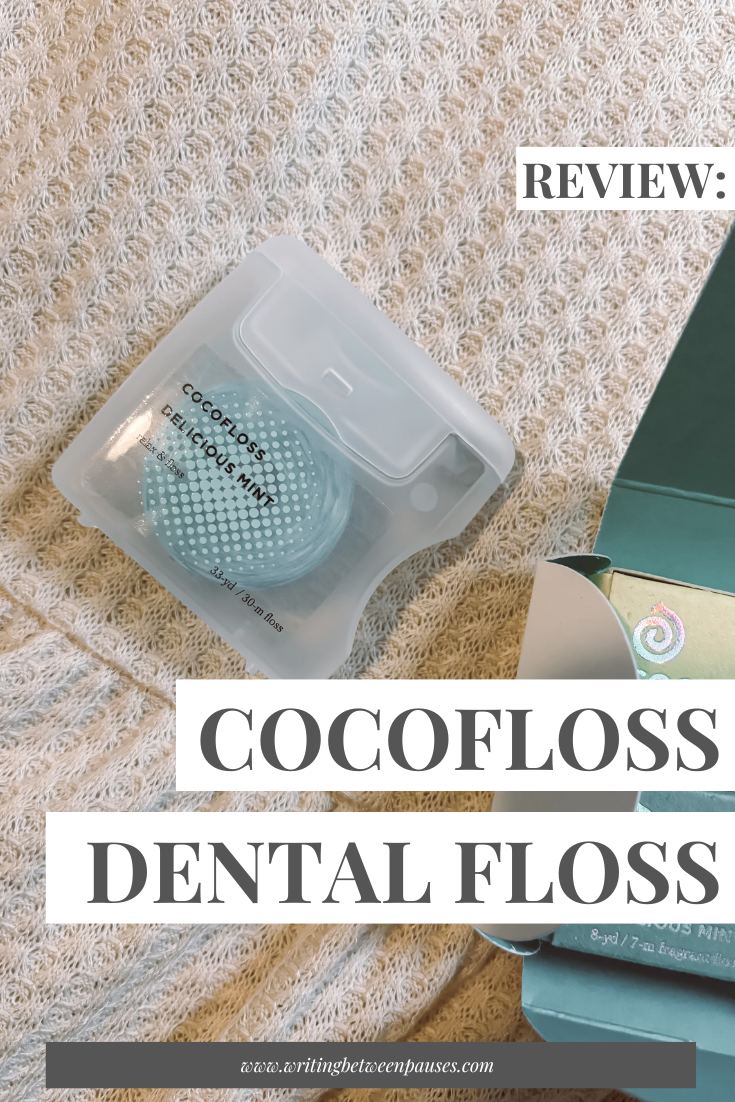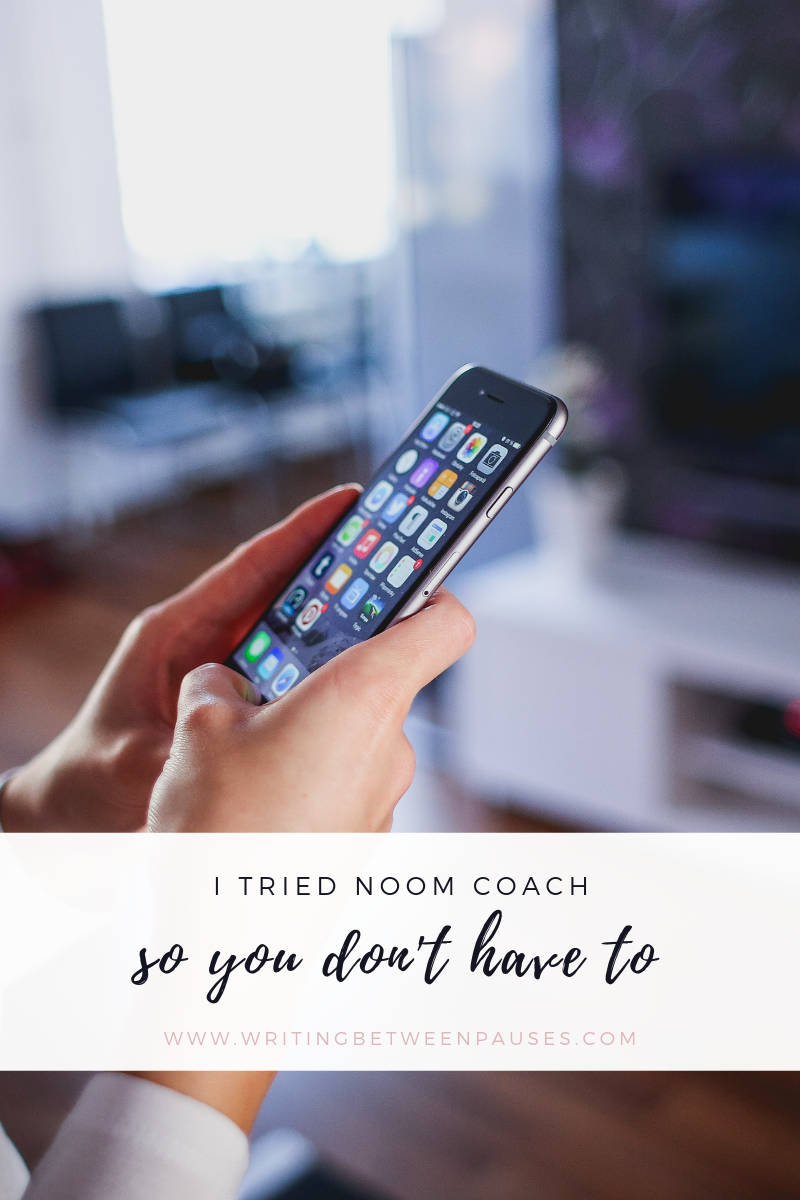The worst part of summer is not the sticky, hot weather that starts to get oppressive around, say, late August; it's not the sunburns, or bug bites, or having to work when the weather is absolutely splendid outside. No, the worst part of summer is the diet industry.
If you read my blog, you know that I've struggled with body image for a long time. It's what made me stop taking outfit photos. And it's why I don't really photograph myself for this blog still. Trust me, I'd love to--but it's just not something I can do right at this moment.
And you know what absolutely doesn't help? Summer and the rapid influx of blog posts, Tweets, and Instagram posts about doing a detox. More than 10 people I follow have mentioned their recent juice detox (ugh), or their extremely pared down diet that is little more than socially acceptable anorexia (double ugh). Having to mute everyone who mentions doing a summer detox is exhausting, so let me be the one to say: y'all, we don't need detoxes.
If you have a functioning liver, you don't need to detox. Your organs do that for you.
You also don't need to drink special tea to help you lose weight. And you also don't need appetite suppressant lollipops.
That's right, Kim Kardashian, I'm talking to you. Instagram is often rife with diet culture, repeating absolutely false and quite frankly dangerous information. (Does anyone else get those awful weight loss accounts in their Explore section of Instagram? I swear, it's the worst part of the Instagram algorithm.) It's not just poor, misinformed Kim K whose doing it. She's in good company, of course. Every single one of her sisters (minus Kendall, bless) has posted a misguided ad for some kind of weight loss product.
In case you don't know, Fit Tea (and Fit Coffee and Lyfe Tea) is a tea that acts as a laxative. That's all these products are: expensive, repackaged laxatives. Not only is it dangerous to take them as weight loss products (and not just for your dignity and outfit if you dare venture out of the house after drinking one), it's incredibly irresponsible. Laxatives are not a way to lose weight. They are a way to damage your body. Just like detoxes.
Appetite suppressant lollipops aren't just meaningless marketing tactics (most likely, they're about as effective as eating a real lollipop); they're dangerous as well. Encouraging people to "eat a lollipop" to "suppress their appetite" presumably when they are actually hungry... is encouraging people to starve themselves. Plain and simple.
Just like these teas aren't designed to make you actively lose weight (but rather to become addicted to a mindset and product that benefits only the person who sells the tea), this isn't a lollipop designed to help curve overeating or boredom eating (two things that can be helped more effectively buy body positivity, rejecting diet culture, and intuitive eating); this is a lollipop that encourages you to starve yourself and not eat, period. But the truth is, it won't work; if you try to use it that way, you'll end up eating, which makes you feel ashamed of yourself; you'll buy more lollipops, you'll try hard. And now you're stuck in a negative binge-and-restrict diet culture induced cycle. This is the damage that ads like this cause.
Summer detoxes are the same thing. Juice cleanses don't actually cleanse any part of you. They starve you. You'll lose weight, of course, because you aren't eating food or any fiber at all. You're just drinking empty calories, sugar, and water. This is dangerous. Your body needs food to survive. As long as you are in reasonably good health (and many people with chronic illnesses are not--and they deserve to love their bodies too), you don't need to detox yourself. If you do need to detox for a medical issue, that's something you discuss with your doctor--not with some charlatan who survives off of carrot juice on the internet.
So as June approaches, remember: you don't need that detox. Even if your sister in law is doing one and won't stop posting about it on Instagram. Even if your friends are work mention that they want to start drinking smoothies for every meal. You don't need to detox. Your body is good enough, and beautiful enough, as it is, right at this very moment.














